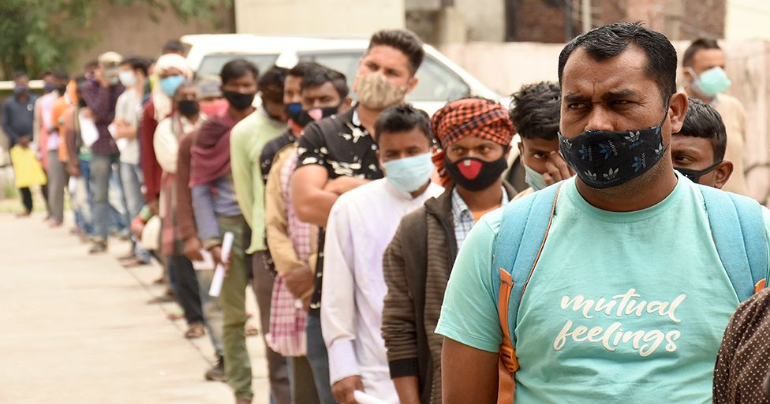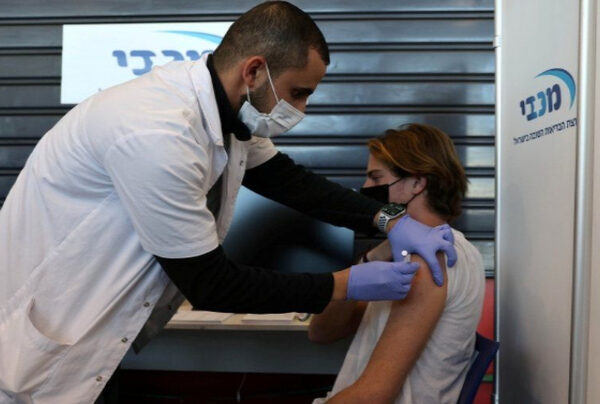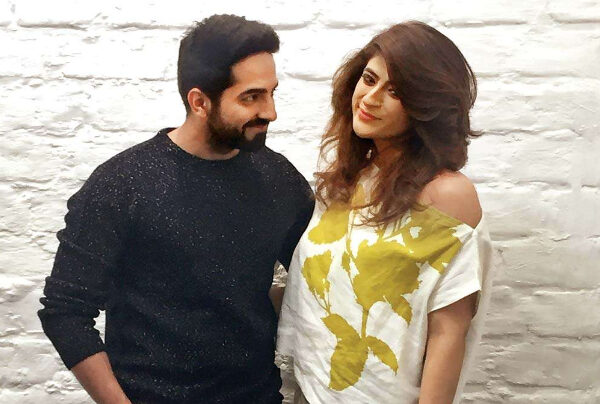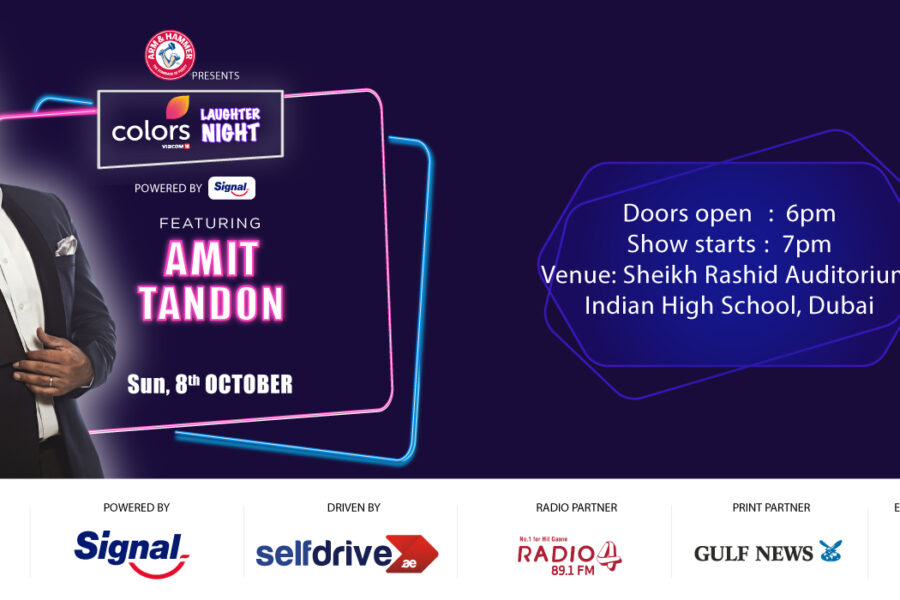A coronavirus variant identified in India is being investigated by scientists across the world.
However, it is not yet known how far it has spread or whether it is driving the deadly second wave of Covid in India itself.
What is the India variant?
Viruses mutate all the time, producing different versions or variants of themselves.
Most of these mutations are insignificant – and some may even make the virus less dangerous – but others can make it more contagious and harder to vaccinate against.
This variant – officially known as B.1.617 – was first detected in India in October.
How far has it spread?
Sample testing is not widespread enough across India to determine how far or quickly the variant is spreading.
It was detected in 220 out of 361 Covid samples collected between January and March in the western Indian state of Maharashtra.
Meanwhile, it has been spotted in at least 21 countries, according to the GISAID global database.
International travel appears to have brought the variant to the UK, where 103 cases have been identified since 22 February.
Most travellers from India have now been banned from coming to the UK.
And Public Health England has listed the India variant as one of several “variants under investigation” but does not so far consider it serious enough to be classified as a “variant of concern”.
Is it more infectious or dangerous?
Scientists do not yet know whether this variant is more infectious or resistant to vaccines.
Dr Jeremy Kamil, a virologist at Louisiana State University, says one of its mutations is similar to those seen in variants identified in South Africa and Brazil.
And this mutation may help the virus evade antibodies in the immune system that can fight coronavirus based on experience from prior infection or a vaccine.
But what appears to be more worrying at the moment is a variant identified in the UK, which is dominant in Britain and has spread to more than 50 countries.
“I doubt whether the Indian variant is more infectious than the UK variant – and we must not panic,” Dr Kamil says.
Why is so little known about it?
Much of the data around the India variant is incomplete, scientists say, with very few samples being shared – 298 in India and 656 worldwide, compared with more than 384,000 sequences of the UK variant.
And after the first recorded cases in India, fewer than 400 cases of the variant have been detected worldwide, Dr Kamil says.
Is it driving the second wave in India?
India has been reporting about 200,000 Covid cases daily since 15 April – well beyond its peak of 93,000 cases a day last year.
Deaths too have been rising.
“India’s high population and density is a perfect incubator for this virus to experiment with mutations,” says Ravi Gupta, a professor of clinical microbiology at the University of Cambridge.
However, the wave of cases in India could have been caused by large gatherings, and lack of preventive measures such as mask-wearing or social distancing.
Dr Jeffrey Barrett, from the Wellcome Sanger Institute, says it is possible there could also be a cause-and-effect relationship with the new variant, but there is still a lack of evidence.
He points out that the India variant has been around since late last year: “If it is driving the wave in India it has taken several months to get to this point which would suggest it’s probably less transmissible than the Kent B117 variant.”
Will vaccines still work?
Scientists believe existing vaccines will help control the variant when it comes to preventing severe disease.
Some variants will inevitably escape the current vaccines, according to a paper published in Nature by Prof Gupta and his fellow researchers. As a result, changes to vaccine design will be needed to make them more effective.
However, the vaccinations now available are still likely to slow down the spread of the disease.
“For most people, these vaccines can mean the difference between little to no disease and ending up in the hospital with a risk of dying,” says Dr Kamil.
“Please take the first vaccine you are offered. Do not make the mistake of hesitating and waiting for an ideal vaccine.”











Leave a Comment